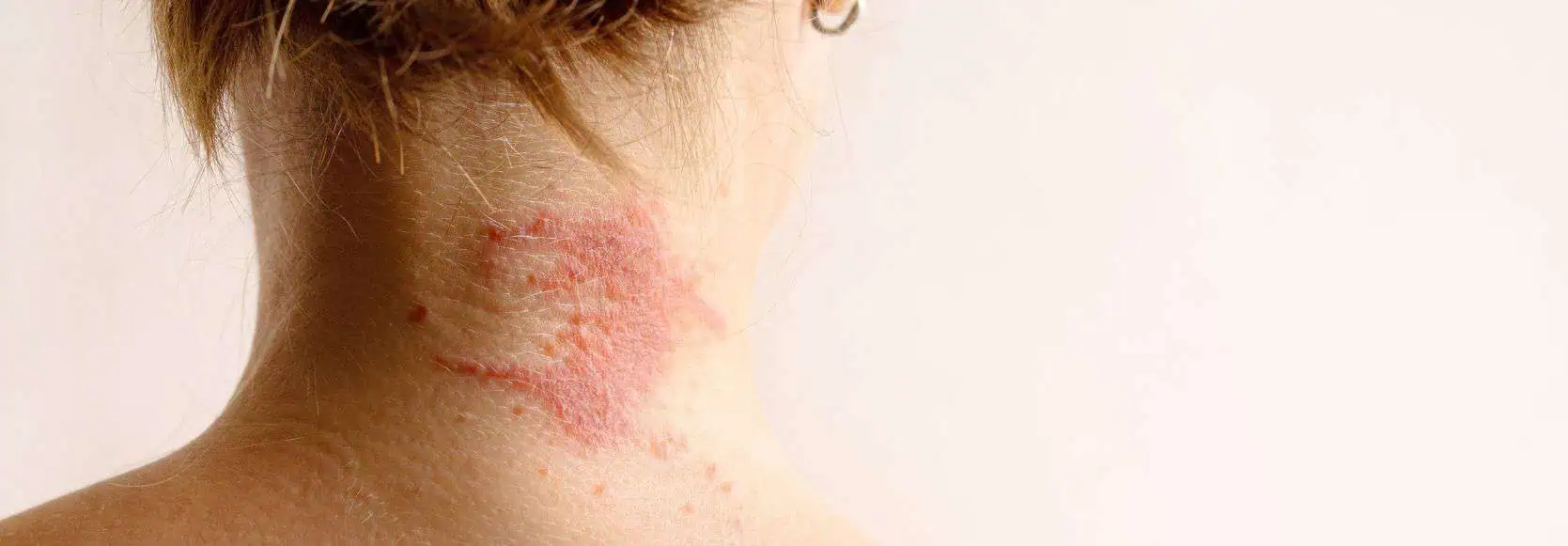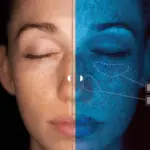Acne home remedies are often used to treat your acne in the comfort of your own home, prior to visiting a GP or dermatologist. Often, home remedies are used as a more cost-effective approach to treating your acne, however, they are not as effective as medical and surgical acne and acne scarring treatments.
Healthline found that 77% of us will try an alternative acne treatment as a home remedy. These types of acne home remedies will vary from face scrubs to masks and oils. Unfortunately, there isn’t much scientific evidence to support the claims that acne home remedies can be a guaranteed treatment of common acne.
Despite this, acne home remedies remain popular among those suffering from acne, which might suggest that there is a real innate desire to try anything to help deal with the acne problem.
UNDERSTANDING WHAT CAUSES ACNE
Acne is caused by an array of different things. Typically, genetics, stress, your diet, or how your hormones develop will be the causing factors of developing acne. This means that not all acne home remedy treatments will be effective. For example, if your acne has been brought on by stress, an acidic facial oil might help to cleanse your pores in the short term, but the root cause of what’s increased your stress levels would need to be dealt with in order to reduce further acne breakouts in the future.
Conversely, if your hormones have developed over your lifespan, increasing the levels of sebum oil produced by your sebum gland, then cleansing the skin will not help to reduce the breakouts of acne. Instead, hormone balancers may be an effective acne medication.
DIFFERENT POPULAR ACNE HOME REMEDIES
Research shows that there are a lot of popular acne home treatments out there. But there is also a lot of misinformation about these treatments that can provide hope when the reality is that they will not help solve the acne problem long term. Here we discuss some of the most popular at home acne remedies.
TEA TREE OIL AS AN ACNE HOME REMEDY
Tea tree oil isn’t an uncommon alternative acne treatment. In fact, it’s likely the most used form of acne home treatment. Tea tree oil is easy to find and is an ingredient in many popular acne treatment products. It can be used as a direct spot treatment as well as a complete facial cleanser.
Tea tree oil is typically used for treating bacterial acne that has caused clogged pores and spot breakouts. This is because the oil has acidic and anti-inflammatory properties, which can reduce two key symptoms of bacterial acne – bacterial clogging of pores and inflammation (bumps) on the skin.
PubMed Central found that tea tree oil as a gel can be up to four times more effective at reducing acne and potentially six times more effective at reducing acne severity. Additionally, gels with a tea tree oil percentage of 5% can reduce pimples, while being used alongside other antibacterial acne treatments such as benzoyl peroxide.
Tea tree oil is one of very few acne home treatments that show positive signs of improving acne. However, studies are limited, but the initial results are positive.
USING ZINC SUPPLEMENTS TO TREAT ACNE
Because of Zinc’s ability to help with cell growth, zinc as a supplement is seen as a good alternative acne treatment. Cell growth is important for skin cell rejuvenation, especially in the case of healing acne scarring so it makes sense for us to assume that these supplements might help with improving our acne/acne scarring.
Research shows that people who suffer from acne have lower levels of zinc in their blood, while further research shows that using zinc supplements can help to reduce your acne. Interestingly, zinc has been researched and found to be better at treating severe acne rather than mild. However, taking too much zinc can cause adverse side effects, which means that finding the right zinc dosage balance would be key to using zinc supplements for treating acne.
ESSENTIAL OILS FOR TREATING ACNE
Essential oils are very popular among acne sufferers. However, there is not much research supporting the usage of essential oils for treating acne. There are some small papers that have suggested certain types of essential oils could be used to treat acne but only in spot treatment.
For example, one study found that lavender, cinnamon, rose and clove is effective at spot treating bacterial acne, while this particular study showed that orange oils reduced acne spots by 75%.
The only issue with such treatments is that essential oils have the ability to irritate your skin, causing dryness, blemishing and burns if overapplied – therefore, these treatments should be used in a low concentrated amount to reduce the chance of damaging your skin.
ALOE VERA FOR TREATING ACNE
Aloe vera has a lot of benefits to the skin in general. Often used to reduce the effects of sunburn by hydrating the skin and reducing inflammation, aloe vera has some excellent effects on the skin.
Specifically, aloe vera as an acne treatment can be used to treat bacterial acne. The properties of aloe vera cleanse the skin which is why aloe vera is often used as a cleanser for the face, instead of a direct spot treatment. The reason for this is that aloe vera contains salicylic acids as well as other properties such as sulfur. These properties remove bacteria from the skin while reducing inflammation.
Interestingly, studies have shown that aloe vera, in combination with some essential oils can reduce acne symptoms such as pimples. Additionally, research has found that aloe vera is more effective with medical lotions in the reduction of acne and helps the lotion to have a more positive effect on the treatment of acne.
STOPPING YOUR ACNE AT THE ROOT
Treating acne is only part of the problem – identifying the root cause will help to reduce your chances of getting acne again in future. Unfortunately, this requires more help than home remedies. Reducing stress is a key indicator – this might require a change of foods that contribute to causing stress but also have a high glycemic index. Furthermore, this may require exercise or stress reduction through mediation etc. For hormonal changes, visiting a GP or dermatologist is required to find the right hormone balancing treatments that can help reduce sebaceous oil production and pore-clogging.
Acne is a complex skin condition and it is recommended that you visit a Doctor or Consultant Dermatologist who will be able to assess your individual condition and recommend the most appropriate treatment options for you.
For more information on acne, visit our acne insights where you’ll find plenty more articles on acne, acne scarring and the development of treatments. If you would like to speak to an acne specialist, we welcome you to contact us to arrange an appointment.



